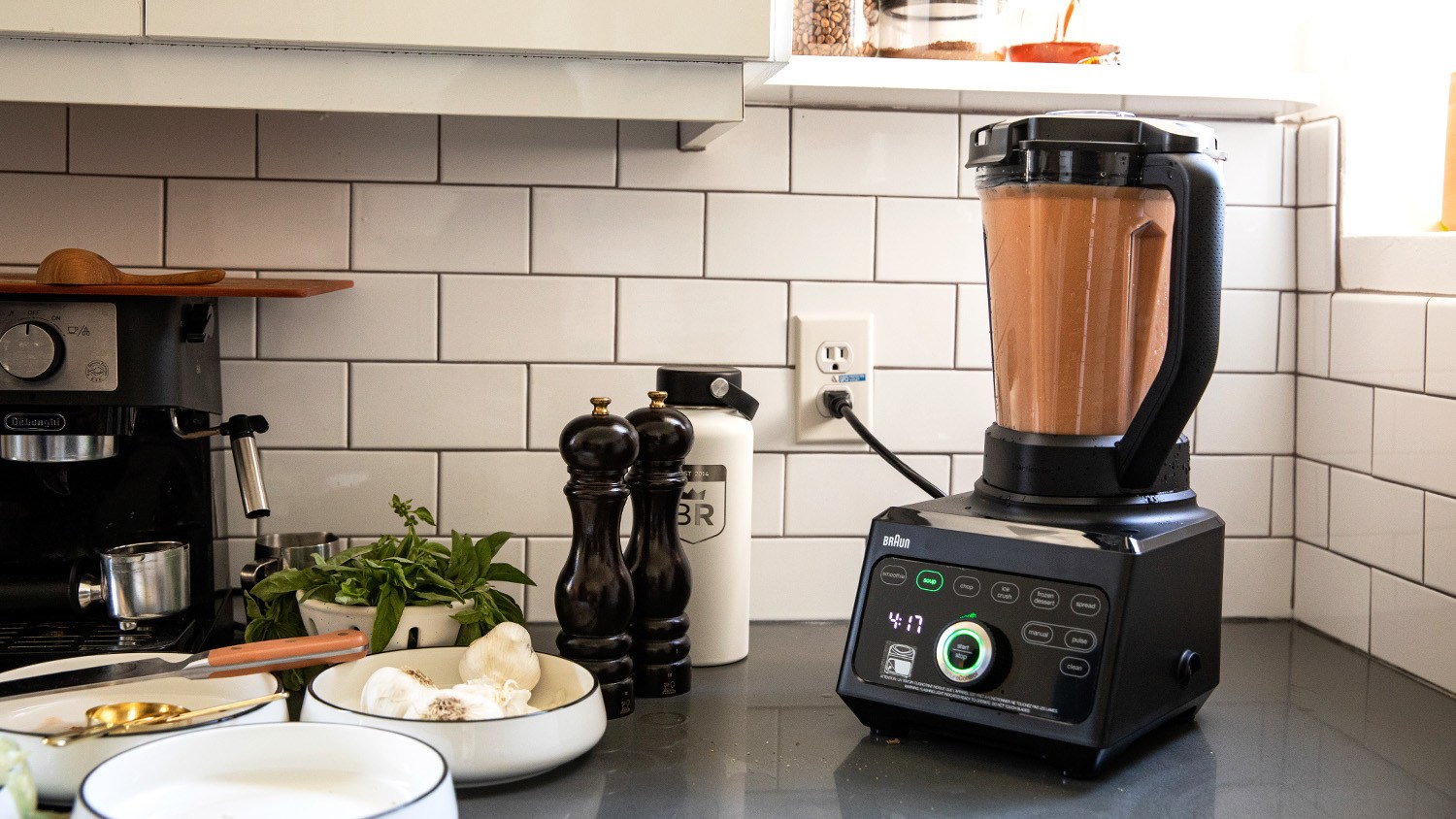A multistate E. coli outbreak linked to lettuce grown in Salinas is over after sickening 167 people, including eight in California, health officials said Wednesday.
Contaminated romaine lettuce that was harvested from the Salinas Valley area is no longer available for sale, according to a U.S. Centers for Disease Control and Prevention news release.
“CDC is no longer advising that people avoid romaine lettuce from this growing region,” the agency said.
Since the outbreak was first announced in November, illnesses were reported across 27 states, with 35 patients reported in Wisconsin — the highest number of those sickened in the outbreak.
Though no deaths were reported, a total of 85 people were hospitalized, including 15 people who suffered kidney failure, according to CDC.
An investigation found that most of those sickened had reported eating romaine lettuce, and after investigators went through hundreds of supply chain records, they were able to narrow down the source of the contamination to at least 10 fields in the lower Salinas Valley, the U.S. Food and Drug Administration said.
Soil and water samples from the area have all come back negative for the strain of E. coli linked to the outbreak and the FDA’s investigation is ongoing, authorities said.
The strain identified was found in an unopened package of Ready Pac Foods Bistro Chicken Caesar Salad at a patient’s home in Maryland and also in an unopened bag of Fresh Express Leafy Green Romaine at another patient’s home in Wisconsin.
The lettuce in both products came from the Salinas Valley, according to CDC.
Fresh Express salad kits sickened 10 people in five states in an outbreak that is now also over, the FDA said Wednesday.
The same E. coli strain infected Salinas-grown romaine lettuce during the same time last year, prompting officials to warn of a similar outbreak that sickened 62 people in 16 states.
Health officials hope that by fully understanding why and how these outbreaks keep happening, they will be able to stop them from happening again in the future.
“The investigation into how this contamination occurred is important, so romaine growers can implement measures that will prevent future contamination and illnesses,” the FDA said in a news release.













